From Dialogue to Action: DAPHO Deepens Harm Reduction Advocacy in Gombe
The Drug Free And Preventive Healthcare Organization (DAPHO) has reaffirmed its leadership in community-driven health advocacy with the successful hosting of its 4th Quarter Harm Reduction Stakeholders Accountability Forum on Tuesday, 11th November 2025, at the Federal College of Education (Technical), Gombe.
The meeting, which drew participation from diverse sectors including security agencies, the Nigeria Bar Association (NBA), traditional rulers, journalists, and representatives of both Christian and Islamic faith communities, underscored DAPHO’s ongoing commitment to inclusive harm reduction programming and accountability in public health response.
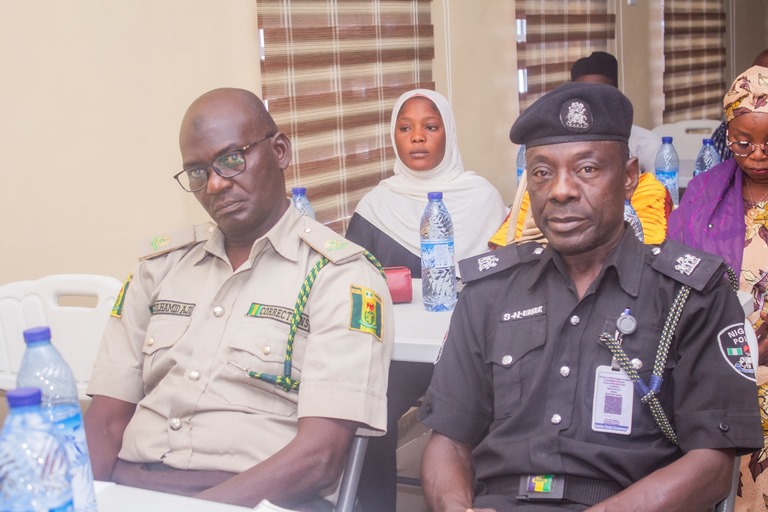
In his opening remarks, Mr. Aniedi Akpan, Executive Director of DAPHO, expressed gratitude for the consistent collaboration between civil society, government, and community actors in advancing harm reduction across Gombe State. He emphasized that the quarterly accountability forum is not merely a procedural gathering but a critical mechanism for reflection, evidence sharing, and joint strategizing on sustainable approaches to reducing drug-related harm.
Mr. Akpan highlighted the state’s remarkable progress in HIV intervention, noting that Gombe was recently ranked as the second-best performing state in Nigeria by the Global Fund. He described the achievement as a shared victory for all partners and beneficiaries of harm reduction programs, stressing that people with lived experience of drug use have played an integral role in driving progress at the grassroots level.
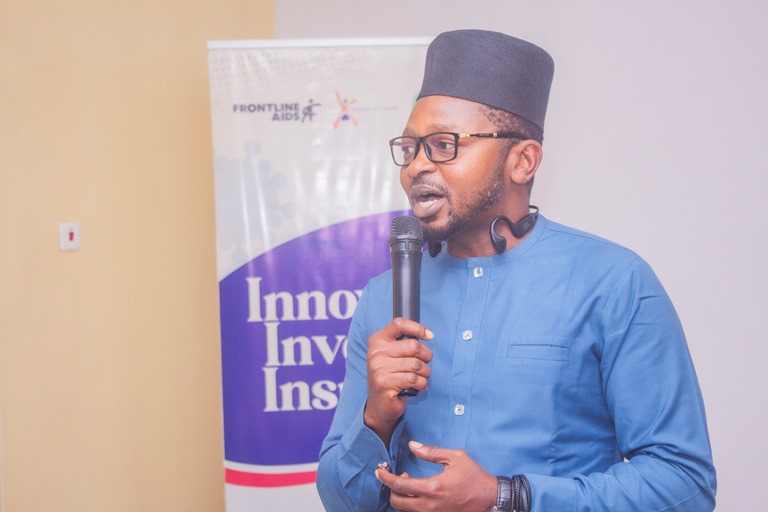
“Currently, the state is at a critical milestone in epidemic control, which means we have made significant strides in managing HIV. As we sit here today, we are not just witnesses to this progress; we are active contributors to it,” he stated.
The event also served as a platform for key stakeholders to reaffirm their support for harm reduction as a life-saving public health approach. Alhaji Saleh Danburam, Secretary of Jama’atu Nasril Islam (JNI), commended DAPHO for its inclusive and non-discriminatory services, particularly the Skill Acquisition Centre for Women Who Use Drugs (WWUDs). “The skill centre is doing great work. We appreciate DAPHO’s efforts and assure continued support and cooperation,” he said.
Similarly, the District Head of Pantami, Alhaji Yakubu Abdullahi, praised the organization’s transparency and community engagement. “There is no betrayal or cheating in DAPHO’s activities. That’s why I am always happy to attend their programs,” he remarked.
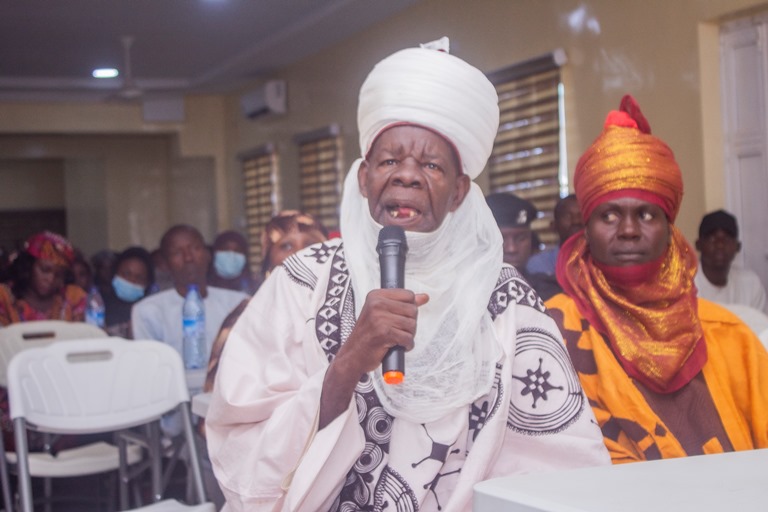
Representing the Commissioner for Health, a delegate from the Ministry commended DAPHO’s sustained advocacy in addressing drug use, HIV, and related health issues. He affirmed that the state government would continue to collaborate with the organization and its partners to ensure access to quality health services for all, including people who use drugs.
Program officers provided detailed updates on three major ongoing projects: ViiV, Global Fund, and Hepatitis C (Hep C III), each reinforcing DAPHO’s integrated, community-based approach to harm reduction.
Under the ViiV Project, Eucharia N. Anthony reported on community dialogues, HIV prevention services, mental health assessments, and gender-based violence response activities. She also highlighted the success of the VATADD Skill Acquisition Centre, where women recovering from drug use have been trained in tailoring, crafts, and small-scale trade. Two graduates shared personal stories of transformation, crediting DAPHO’s support for helping them rebuild self-confidence and economic independence.
The Global Fund Project, presented by Josiah Jonas Madi, documented the number of people tested for HIV, linked to treatment, and provided with harm reduction materials, including sterile syringes. He noted that more outreach activities were planned before the year’s end to expand service coverage and community engagement.
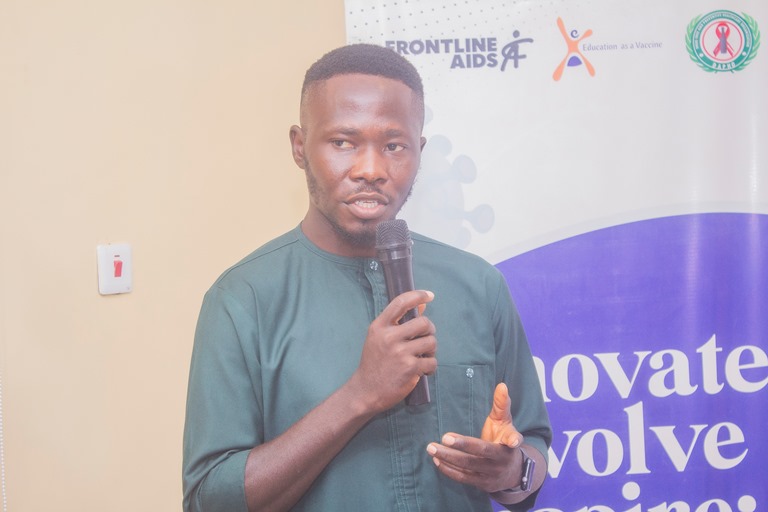
The Hepatitis C (Hep C III) Project, presented by Mrs. Fauziyya Abubakar, introduced a new pilot phase that will provide free Hepatitis C testing and treatment for people who inject drugs and other vulnerable populations. She explained that the project had procured necessary supplies and would officially launch at DAPHO’s office immediately after the forum.
The forum concluded with an open discussion where participants shared feedback and recommendations on sustaining community-led health advocacy. Across the board, stakeholders commended DAPHO for its transparency, inclusiveness, and strong evidence-based approach to harm reduction.
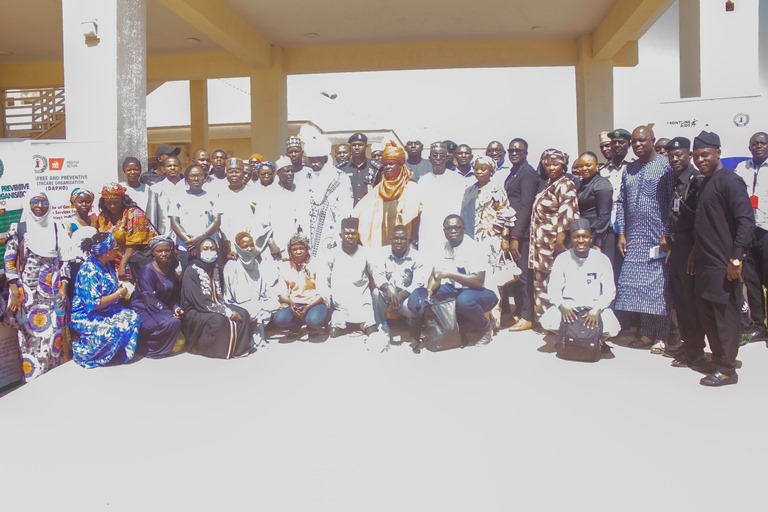
As a drug-user led organization, DAPHO continues to demonstrate that empowering people with lived experience is central to achieving meaningful change. Through advocacy, capacity building, and direct service delivery, the organization has strengthened Gombe’s public health response, bridging the gap between marginalized communities and systems of care, and proving that harm reduction saves lives, restores dignity, and builds stronger, healthier communities.

This Post Has 0 Comments